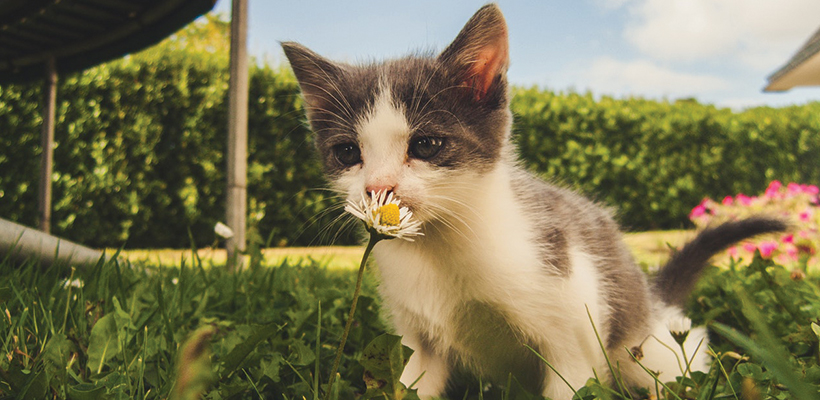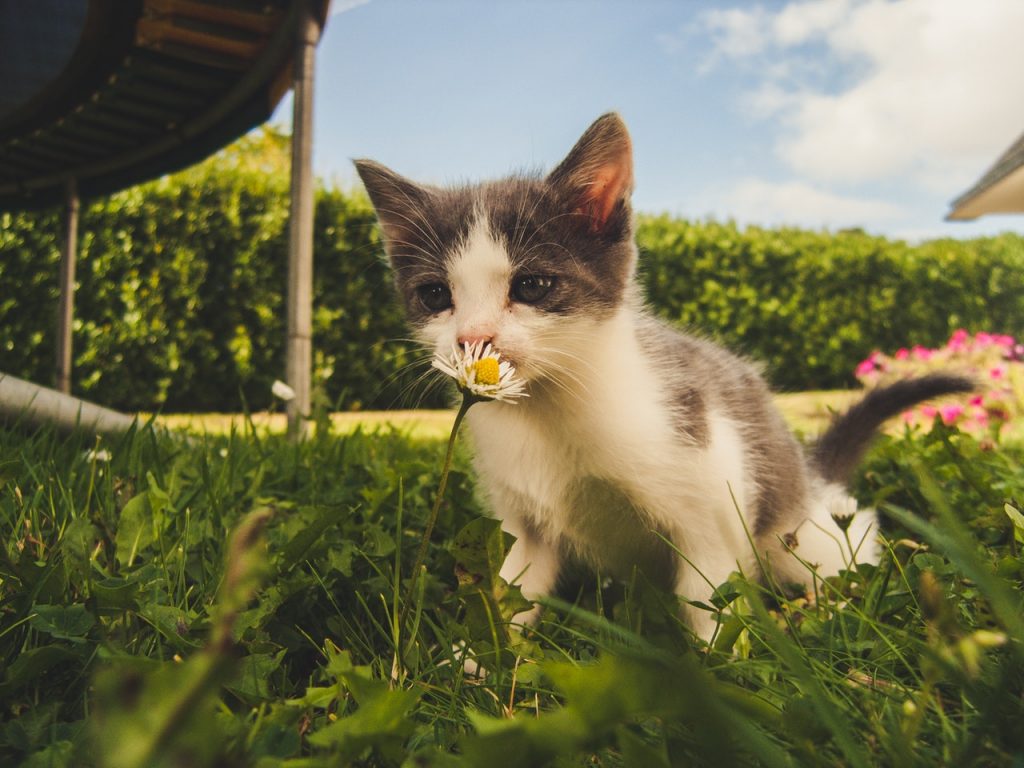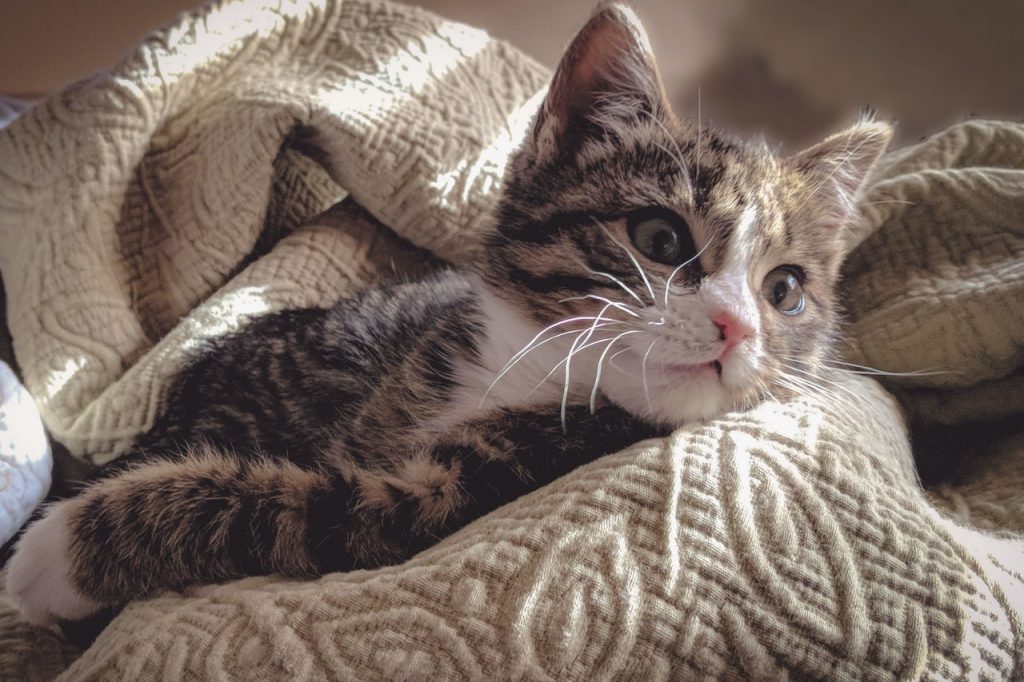
This article is contributed by guest writer, Clara L (Writer at Petlovesbest.com).
Feline Asthma: Causes, Symptoms, And Treatment
Feline asthma, similar to human asthma, is a chronic condition in cats that affect the lower airways. About 1-5% of all the adult cats suffer from this respiratory disease. When an asthma attack strikes, your cat’s airway swells and narrows so much that they have trouble breathing accompanied by coughing, wheezing, and excessive mucus production.
The condition can sometimes be so severe that constricting the airway can be fatal. Some cats suffer from mild chronic conditions that can be controlled by using appropriate medication. If your cat has a coughing problem seek immediate veterinarian attention.

Photo Credit: Buenosia Carol via Pexels
Causes of Asthma in Cats
The cause of feline asthma relates to multiple factors. But it has been thought to be developed as a result of allergic bronchitis. When an allergen enters the airway and makes its way to the lungs, your cat’s body produces antibodies to fight that antigen. The next time this trigger allergen enters the airway, the cat’s body recognizes this antigen and the antibodies will further trigger a series of events that produces specific cells to fight the allergen.
In response to the allergen, these cells further produce excessive mucus and cause swelling, constricting the airway. So whenever your cat is exposed to these allergens she might go through an episode of asthma.
Here are some common allergens which can cause feline asthma in your cat: cat litter, cigarette smoke, pollen, peculiar scents of perfume, dust of cat litter, room freshener, scented cat litter, mold, carpet deodorizer, and hair spray. Moreover, the medical condition is also associated with parasites in cats, especially ones that reside in their respiratory system. Feline asthma is also associated with extreme stress, obesity, and other diseases like, pneumonia, heartworms, tumors, heart failures, etc.

Photo Credit: Alex .B via Pexels
Symptoms of Feline Asthma
Common symptoms of Asthma include coughing, wheezing, open mouth breathing, gagging up mucus, persistent cough, blue gums and lips, labored breathing, and weakness after a play session.
However, these symptoms can also be associated with other medical conditions. Considering that, when you identify any of the symptoms mentioned in this section, you should take your kitty to the vet for a diagnosis.
Anna from Catlovesbest says, “A cat with feline asthma would squat with shoulders hunched, problem breathing, neck extended, and would gasp for air. This typical posture looks similar when your cat is removing a hairball from their guts.” So never mistake this sign for hairball removal. In case of any confusion, seek professional help.
The diagnosis of this condition is not simple and can’t be confirmed by just running blood or urine tests. Ruling out the symptoms caused by other diseases is required for the accurate diagnosis of Asthma. Meaning, the common symptoms indicate the existence of other medical conditions and your cat might not even have asthma. Some of those diseases are pneumonia, primary lung parasites, feline heartworm disease, and cancer. All in all, the vet might have to go through so many other tests to diagnose asthma.
Some common tests run by doctors are fecal examination, urine tests, and complete blood count (CBC). These tests are only to check for any general health issues and may lead to diagnosing other underlying issues. A vet might also do a white blood cell test because a specific white blood cell, the eosinophil is associated with allergic indications and parasites which also indicates a tentative diagnosis of cat asthma.
In addition to that, vets also check for elevated blood proteins and the presence of lungworms in a cat’s stool. Nevertheless, here are some additional tests a vet might do: tracheal lavage, thoracic radiography, heartworm test, and bronchoscopy with cytology and/or culture.

Photo Credit: Mark Burnett via Pexels
Treatment
There’s no particular medication for feline asthma as such. Vets generally prescribe medication that manages different symptoms in the cat with feline asthma depending upon the severity. The corticosteroids reduce inflammation in the lungs, whereas bronchodilators dilate the airways. But again, bronchodilators don’t easy up symptoms when used alone. They are prescribed along with corticosteroids.
Conclusion
Feline asthma is not common in cats but if your cat is diagnosed with the condition, the intensity may vary. Moreover, if your cat went through the episode of an asthma attack, you need to be very careful and have to take preventive measures strictly and keep them away from allergens. The treatment is to maintain the symptoms and ease up the airway as there is no absolute cure for this medical condition.
